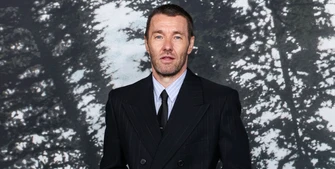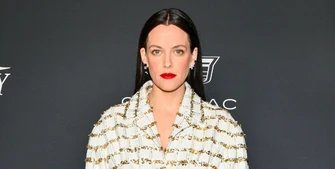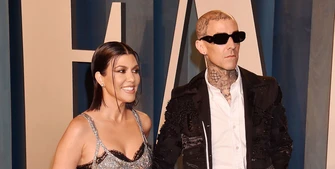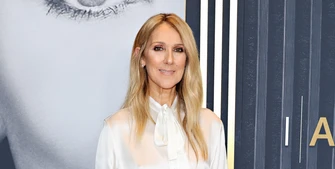Meghan, Duchess of Sussex ‘so honoured’ to help celebrate Afro-Colombian history
As she continues her tour of Colombia with husband Prince Harry, Meghan, Duchess of Sussex has declared she felt “so honoured” to help celebrate Afro-Colombian history on the trip.
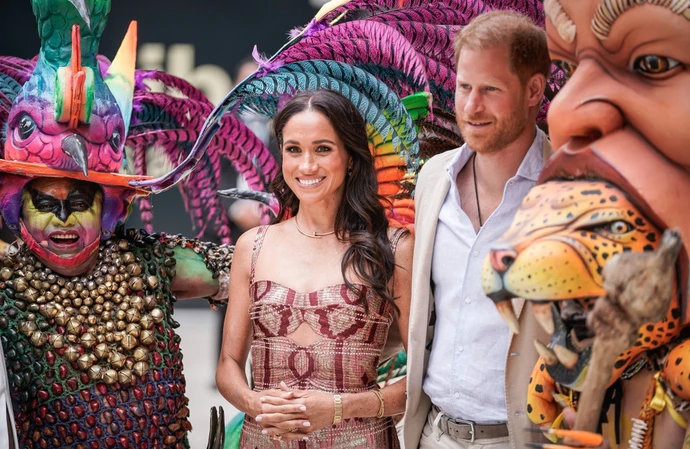
Meghan, Duchess of Sussex felt “so honoured” to help celebrate Afro-Colombian history.
The mother-of-two, 42, and her husband Prince Harry, 39, have been on a four-day tour of Colombia that has seen them take part in an art session and planting trees during a visit to a school in the capital of Bogota.
Meghan said on Saturday (17.08.24) as the pair visited San Basilio de Palenque outside Cartagena – established as the first free African town in the Americas in 1619 – she was “so honoured” to include the spot on their visit.
She added the community had an “incredible history”, while Harry hailed it as an "incredibly moving experience”.
The Duke and Duchess of Sussex were greeted with a performance of the Colombian national anthem by students before taking in speeches and performances from Palenque’s community leaders.
They also toured a lively street market during their walk through the town.
In a speech thanking the couple for their visit, Vice President Francia Màrquez said: “I wanted them to come here and discover the essence of who we are – our spirituality, our music, our culture and our ancestral heritage that is still very much alive today.
“In the midst of adversity, this is what has helped us continue to be resilient. Palenque is in the heart of every Afro-Colombian.”
The Sussexes also addressed the group that gathered for their visit in both Spanish and the town’s indigenous language of Palenquero.
Manuel Perez Salinas, a tour guide who showed the pair around, told The Daily Telegraph he chatted with them about their cultural identity and showed them a statue of the town’s founder Benkos Bioho.
Another tour guide, Juan Manuel Márquez Padilla, told the Telegraph when he said he wanted “racial discrimination to end”, Harry told him: “We’re working on that.”
He added: “I liked them because they’re working for human rights.”



